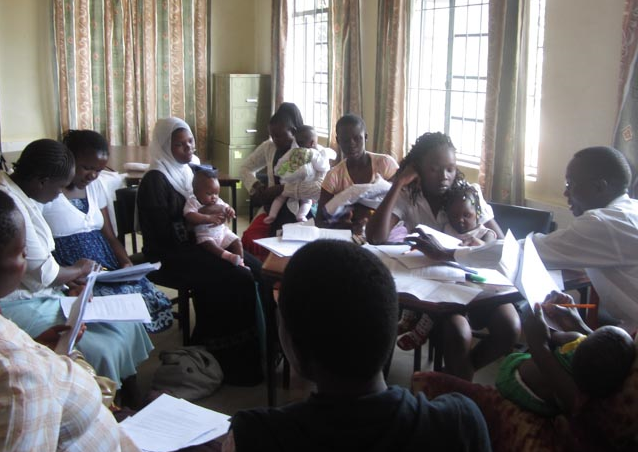How do you ensure that global health research actually informs what’s happening on the ground? Why is the translation of research findings into large scale practice and policy often slow and uneven? How do global health practitioners address the widening gap between what is known to be effective and what is done in routine practice? A condensed summer course on the emerging field of implementation science hopes to attract folks from around the world who are interested in bridging this gap between research and practice in reproductive health.
A new field of study, implementation science works by addressing bottlenecks, testing interventions, and evaluating the real impact of programs to help inform global health practice. This approach focuses on on-the-ground personnel, making it particularly relevant to global health, a field that relies on the sustainability of health interventions in challenging environments.
The two-week intensive course is a collaboration between the Department of Global Health and The Evidence Project, a global implementation science project focused on family planning and reproductive health. The intended course audience is researchers, policy makers, funders, and practitioners working in the fields of family planning and reproductive health, including HIV/STI prevention and control in low and middle income settings.
Course directors include William H. Foege Chair Judith Wasserheit, MD, MPH; Associate Professor Kenneth Sherr, PhD, MPH; Professor and Associate Chair for Curriculum and Education Stephen Gloyd, MD, MPH; and Karen Hardee, PhD and Laura Reichenbach, PhD of the Evidence Project. Read their bios.
Applications are due May 1, 2015. For additional course information, including the on-line course application, please visit our course website.
Implementation Science for Family Planning and Reproductive Health
including HIV/STI Prevention and Control
August 3 – 14, 2015
Monday-Friday, 8:30 a.m. – 5:30 p.m.
University of Washington, Seattle, WA
Photo: Courtesy of GO Health Fellow Maya Newman, who traveled to Kenya to participate in the Mobile WaCH feasibility pilot study, using mobile phone SMS messaging as a means to educate and interact with pregnant and post-partum women in the Mathare slum clinic in Nairobi and in the Kisumu District Hospital.
